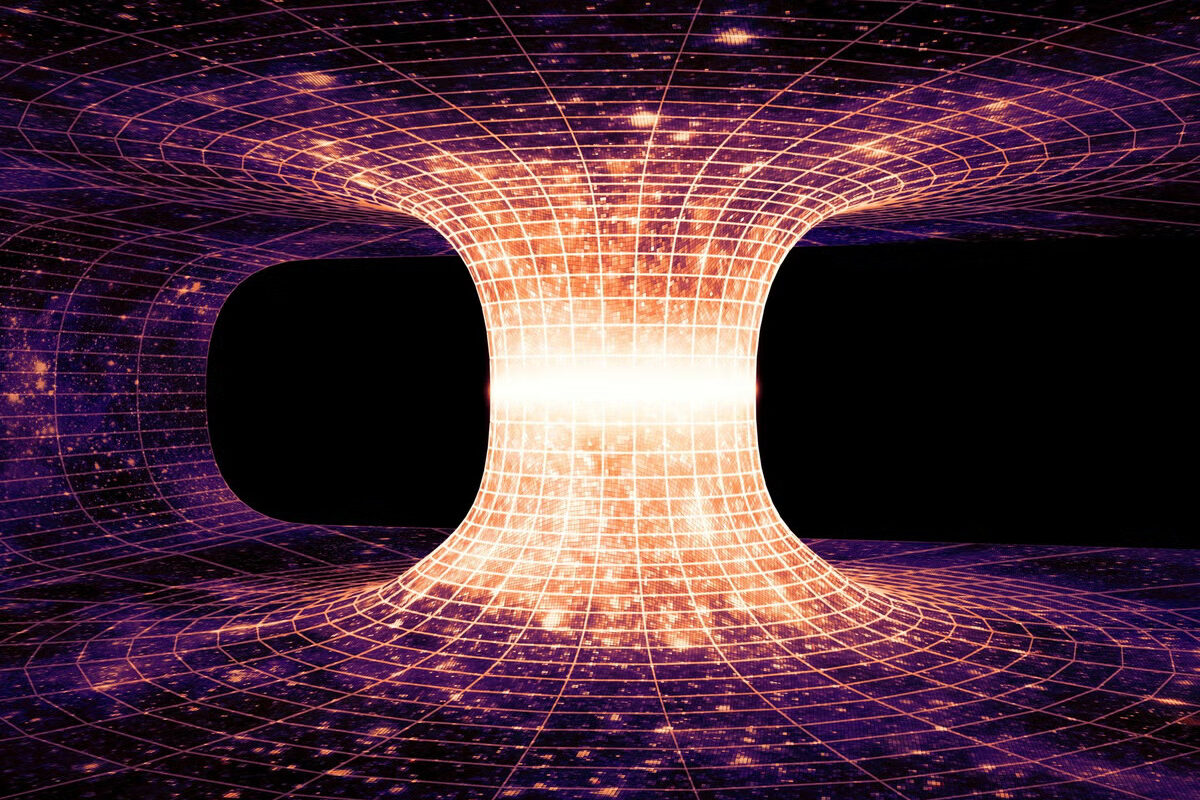As far as we know, no human has ever successfully traveled into the past. However, research into time travel is still actively conducted today as an attempt to explore the limits of theoretical physics, and many excellent scientific papers have been published on the subject.
The trouble with many time travel theories is that they tend to get tangled up in the “grandfather paradox.” If a person who travels through time were to kill their grandfather when he or she is still a child in the past world, it would mean that “the grandfather was killed by his or her grandson who does not exist,” which would cause a breakdown in causality.
However, a study conducted at the University of Queensland (UQ) in Australia has shown that while people who travel back in time are able to act according to their own free will, any actions that would cause a paradox are corrected to result in a paradox-free outcome.
But if we can do whatever we want with the past, why doesn’t a paradox arise?
The Basic Theory of Time Travel
The theoretical basis for time travel lies in Einstein’s theory of general relativity. The general theory of relativity states that “gravity distorts space and time” and shows that time is not determined by an absolute “God’s clock” but is relative. Previous research has shown that even raising an atomic clock just a few millimeters above the Earth’s surface, thereby slightly reducing the influence of Earth’s gravity, causes time to speed up.
So, if gravity can distort time and space, is it possible to manipulate gravity in a way that connects the start and end points of a world line together, creating a looped world? According to general relativity, the answer seems to be “yes.”
In 1949, Gödel succeeded in discovering a solution (the Gödel solution) to the equations of general relativity that allows for a closed world line (a closed timelike curve) whose start and end points are connected. In a world where the world line is closed, a sort of time travel occurs where you are sent back to the beginning of the world line immediately after reaching the end of the world line. Therefore, theoretical physics believes that if time travel is possible, it is also possible to create closed world lines.
Further research into this Gödel solution led to the discovery of the concept of the “Tippler cylinder,” which distorts space-time by rotating a massive cylinder at high speed, connecting a specific future to a past world line, and the theory of “traversable wormholes.” These achievements show that, as far as general relativity is concerned, time travel is possible if we can control gravity. One could say that the reason theoretical physicists are seriously studying time travel is because there is theoretical support for it.
Some researchers believe that the closed timelike curves (closed world lines) that emerge from solutions to the general theory of relativity will be eliminated in the future by quantum gravity theory and particle physics, which interpret gravity from a new perspective.
However, existing theories have been unable to resolve the “grandfather paradox” associated with time travel. The grandfather paradox was a problem that concerned human free will and was on a different level from investigating Einstein’s equations or developing a gravity control device.
Can We Freely Change the Past?
The grandfather paradox is a profound problem because it destroys the cause-and-effect relationship that is fundamental to classical physics. When the grandfather-killing paradox occurs, the absurd result is that “my grandfather did not leave any descendants and was killed by his future descendants.” This breakdown in causality would also lead to the denial of the general theory of relativity, which is the basis of time travel.
The Novikov principle of consistency was devised to address this thorny problem. This hypothesis states that whatever a time traveler does, it is already woven into the fabric of history. This is a deterministic idea that since the birth of the universe, the formation of galaxies and stars, the emergence of life, and the birth of humanity, all of these processes were predestined, and therefore no matter what humanity does from now on, no paradoxes will arise.
Novikov’s principle of self-consistency states that human free will is an illusion, and that any outrageous actions by any individual are predestined events subsequent to the creation of the universe and the formation of the stars. It is true that the neural circuits in our brains operate according to the physical laws of the universe, and what we perceive as free will may actually be part of the fate of the universe, just like a thrown ball falling.
A New Study on Time Travel and Free Will
A new study is trying to get to the bottom of both human free will and those time travel paradoxes, tackling them together. The new research doesn’t tell us how to build a time machine. Instead, it is mathematically elucidating the effect that acting based on free will has on a closed world line (closed timelike curve) whose beginning and end are connected.
According to Einstein’s equations, the existence of closed world lines leads to the possibility of time travel. Therefore, if we can mathematically elucidate human free will in a closed world line, it will be possible to understand the grandfather paradox associated with time travel.
As a result, it turns out that closed world lines (closed timelike curves) make it possible to construct extremely complex systems, and that free will is possible even in time travel. For example, even if a person were to go back in time and prevent the initial infection of COVID-19, the virus would simply spread through another infected person, and ultimately a global pandemic would not be prevented.
If the future were to change, the time traveler would lose his motivation to go back in time in the first place, but in this case, the time traveler still has the motivation to go back in time to stop the infection, so the time paradox is continually avoided.
In simple terms, you can do whatever you like in the past, but there are always adjustments happening to make sure no paradoxes slip through. Although this is a mathematical story, if you recall an episode from Doraemon, in which someone travels back in time to try to change the future, the attempt backfires and leads to the future they wanted to change, so it may be easy to imagine a situation in which the future does not change even if humans act on free will.

